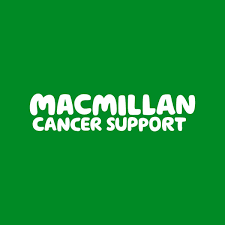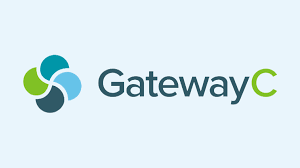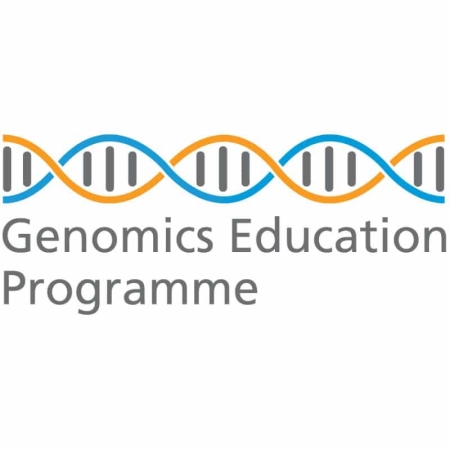Continued advances within genomics and the application of genomic technologies, has resulted in developments in diagnosis, treatment and care management, as well as broadened the cope for research to enable an enhanced understanding and cancer care for patients.
As healthcare professionals working within cancer care it's vital that there is an understanding of the impact of genomics so that patients are informed, and involved in treatment decisions in relation to their ongoing care needs.
The Alliance has recently been involved in the national lung cancer and Lynch Syndrome genetic testing pathway projects.
There is a wealth of education, training and professional development mateials available. Below we share information and links to two national organisations, Macmillan Cancer Support and GatewayC who both provide healthcare professionals with up-to-date resources, tools, information, and training courses to help them to support people living with cancer.
Macmillan cancer support
The Macmillan Genomics Toolkit is designed to guide healthcare professionals to multiple education resources, pathway guidelines, clinical documents, patient support information and case studies to demonstrate the ‘Gold Standard’ of care once genomics has been embedded into practice. 
Genomics is rapidly becoming an integral part of cancer care and its clinical significance will only increase in time, transitioning into a central pillar of routine cancer treatment and prevention. Macmillan understands the importance of supporting both those living with and beyond cancer, but also the people who make that happen: the healthcare professionals.
Please click on the block below to view links to the toolkits.
https://www.macmillan.org.uk/healthcare-professionals/innovation-in-cancer-care/genomics-toolkit
Breast cancer toolkit
Colorectal cancer toolkit
Gynaecological cancer toolkit
 GatewayC
GatewayC
GatewayC an online cancer education platform for primary care, designed to improve cancer outcomes by facilitating earlier and faster diagnosis and improve patient experience.
The educational content supports healthcare professionals to:
- Improve knowledge of red flag symptoms
- Increase confidence in when and not to refer a patient on a suspected cancer referral
- Improve quality of suspected cancer referrals, reducing delays in the system
- Improve communication to support patients throughout diagnosis
GatewayC offer a comprehensive range of courses which we have shared a selection in the block below.
GatewayC provide accessible, innovative and tailored information and support resources at https://www.gatewayc.org.uk/
Below are a selection from the range of courses available: 
Brain Tumour
https://www.gatewayc.org.uk/courses/brain-tumour/
Breast cancer recurrence
https://www.gatewayc.org.uk/courses/breast-cancer-recurrence/
Cervical cancer
https://www.gatewayc.org.uk/courses/cervical-cancer/
Colorectal cancer
https://www.gatewayc.org.uk/courses/colorectal-cancer/
Head and neck cancer
https://www.gatewayc.org.uk/courses/head-and-neck-cancer/
Lung Cancer
https://www.gatewayc.org.uk/courses/lung-cancer/
Ovarian Cancer
https://www.gatewayc.org.uk/courses/ovarian-cancer/
Pancreatic Cancer
https://www.gatewayc.org.uk/courses/pancreatic-cancer/
Prostate Cancer
Genomics education programme (GEP)
In 2014, Health Education England (HEE) launched a four-year £20 million Genomics Education Programme (GEP) to ensure that our 1.2 million-strong NHS workforce has the knowledge, skills and experience to keep the UK at the heart of the genomics revolution in healthcare.
Funding for the programme has since been extended to enable us to continue our work in provid ing co-ordinated national direction of education and training in genomics and developing resources for a wide range of professionals.
ing co-ordinated national direction of education and training in genomics and developing resources for a wide range of professionals.
The GEP’s objectives are:
- Prepare the workforce to deliver the new England-wide NHS Genomic Medicine Service.
- Support the completion of the landmark 100,000 Genomes Project.
- Provide the best education opportunities in genomics for the NHS workforce.
- Develop strategic collaborations to keep the UK at the forefront of genomics in healthcare.
Each of the GMSAs across England have a dedicated Workforce education and training lead; each working colalboratively in relation to the generation of new, relevant and informative education and training resources for healthcare professionals across England. An example of which are the new series of 'From biopsy to personalised cancer care' webinars and associated 'Genomics Bites' education and training modules.
For more information please visit https://www.genomicseducation.hee.nhs.uk/genomics-in-healthcare/
In relation to cancer care, then visit this section within the GEP website: https://www.genomicseducation.hee.nhs.uk/genomics-in-healthcare/genomics-in-oncology/
